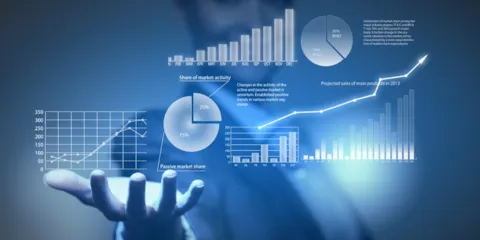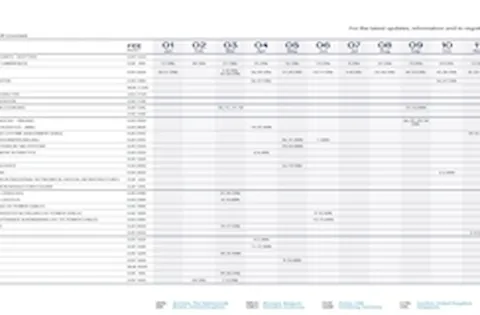Managing Energy Distribution Losses training course
This training course will help you identify and prioritise reduction actions most suited to your own specific distribution system.
Any energy lost in the process between electricity generation and electricity use imposes a burden on society’s valuable resources. Distribution system operators are socially responsible for minimising these losses at a cost-effective level. Minimising energy losses requires in-depth understanding of all physical and administrative processes which can contribute to these losses. This three day training course is aimed at enhancing your understanding of these processes and improving your effectiveness in minimising losses. During this course, you will learn the root cause for each of the processes causing losses, e.g. what causes copper losses or why does meter drift occur. Understanding these phenomena will help you identify and prioritise reduction actions most suited to your own specific distribution system.
DNV will provide you with international examples and present our view on best practices for effectively managing distribution losses. This includes methods of estimating losses and the techniques to reduce losses in a cost-effective manner. After this course you will be able to assess, identify and prioritise the most important sources of energy losses in your own distribution system.
Subjects:
The following technical topics will be addressed:
- What is the nature of the technical and non-technical losses?
- What is the reduction potential for each of the loss causing processes?
- What is the contribution of typical grid components like cables and transformers?
- How can (non)technical losses be estimated and what type of information is required to enable estimates?
- Which strategies are available for managing distribution losses?
- Which grid regulation incentives for loss reduction are available?
- How to set realistic loss targets and how to structure reduction plans?
- How to set up performance indicators and monthly loss reporting?
Result
After this course you will be able to assess, identify and prioritise the most important sources of energy losses in your own distribution system.
Target Audience:
Anybody involved in day-to-day operations of processes that impact distribution losses. This may include meter readers, system planners, customer affairs, administration, accounting, and others.
This course is only available on request. If you are interested in this course, please contact us. For senior management a highly condensed training is available. This training course will look at each of the underlying processes, but will primarily focus on setting strategies for reducing losses. The duration of this training course is one day.

